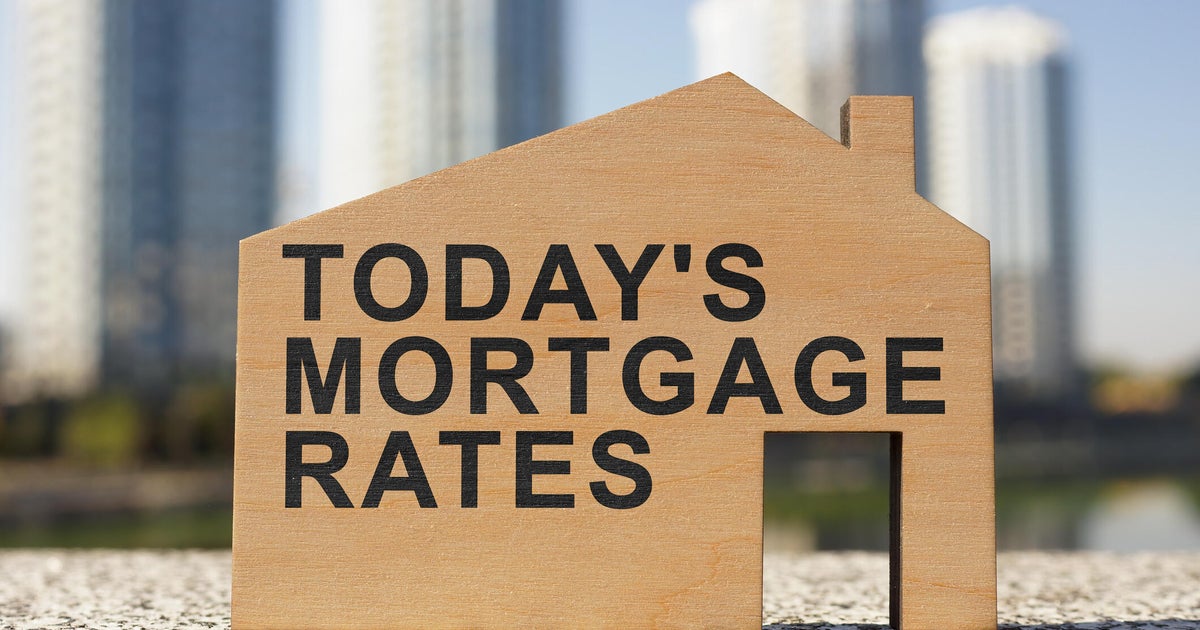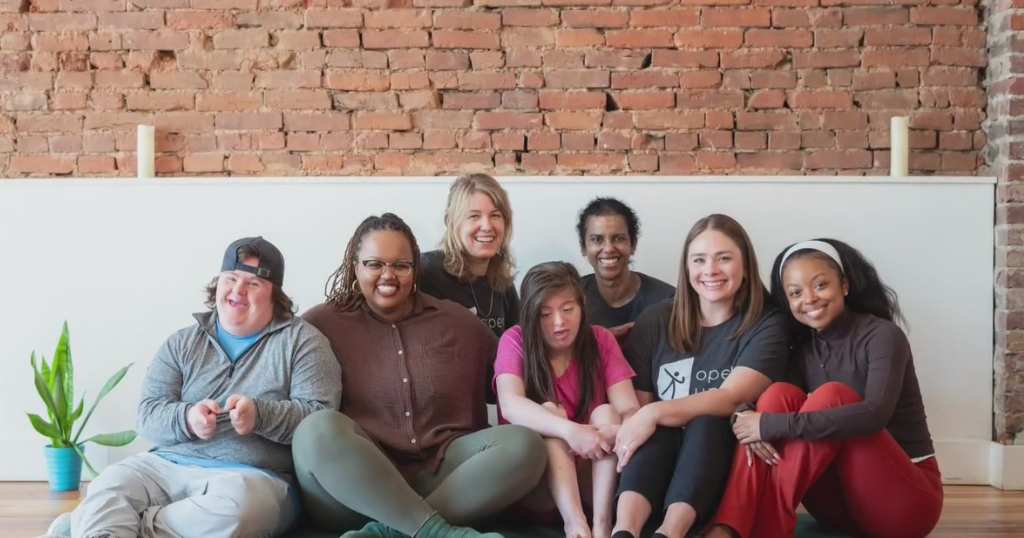Mortgage myths busted: What to know now
Buying a home can be exciting, rewarding — and overwhelming. And one part of the process many homebuyers find intimidating is getting a mortgage. With so many options to consider, it can be hard to know where to start and how to make the best choice.
Mortgage myths can add to this confusion, causing unnecessary stress and derailing your search. By knowing these myths, you can make a more informed decision and find the right mortgage for you.
See today's top mortgage rates here to get started.
Mortgage myths busted: What to know now
Don't fall prey to one of these common mortgage myths.
Myth #1: You must make a 20% down payment
The general rule of thumb is that you should put 20% down when buying a home. But that doesn't mean you can't buy one with a smaller down payment.
Making a larger down payment can lower your monthly payment and interest rate and help you avoid private mortgage insurance (PMI). But it's not a requirement. There are plenty of programs that require little or no down payment if you're a first-time homebuyer. These include FHA loans, USDA loans and VA loans.
A smaller down payment may result in a higher monthly payment and interest rate, but it doesn't have to prevent you from buying a home altogether. You can also consider refinancing later to obtain better rates and terms.
Start comparing your mortgage options online here now.
Myth #2: You can't qualify without perfect credit
Having good credit is important when applying for a mortgage, but it's not the only factor lenders consider. Your debt-to-income ratio, employment history and income all play a role in the mortgage approval process. If your application is otherwise strong, a lower credit score may not be a dealbreaker.
In addition, some lenders offer programs for borrowers with credit scores as low as 500. Just keep in mind that the lower your credit score, the higher your interest rate will be.
Myth #3: Renting is cheaper than buying
Depending on the housing market, renting may be cheaper than buying in the short term. However, it isn't necessarily the best financial decision in the long run.
When you own your home, your monthly mortgage payments build equity, which you can use down the line for any number of expenses. When you decide to move, you can also profit from selling your home. When you rent, your money goes to your landlord and you don't see any return on your investment.
In addition, while rents can rise significantly from year to year, your monthly payment won't go up if you have a fixed-rate mortgage. You can also enjoy tax benefits from homeownership.
View current mortgage offerings here to see what rates and terms you qualify for.
Myth #4: The lowest interest rate is always the best
A good interest rate is one of the most important things to consider when comparing your mortgage options. But it's not the only thing.
In addition to your monthly mortgage payment, you'll also need to pay closing costs, property taxes, homeowners insurance and maintenance costs. You may also have to pay PMI. Be sure to take all of these costs into consideration when determining how much mortgage you can afford.
Myth #5: Adjustable-rate mortgages are always a bad idea
Fixed-rate mortgages are popular among homebuyers because they offer stability and predictability. However, that doesn't mean they're always the best option.
Adjustable-rate mortgages (ARMs) typically offer lower interest rates in the initial years of the loan. This can make them a good choice for those who don't plan to stay in their homes for a long period or who expect their income to increase. So, don't rule out an ARM immediately. Instead, consider your plans, risk tolerance and financial situation.
The bottom line
Finding and applying for a mortgage can feel daunting, especially when there are so many myths at large. However, by educating yourself and debunking common misconceptions, you can more confidently weigh your mortgage options and identify the best one for you.




